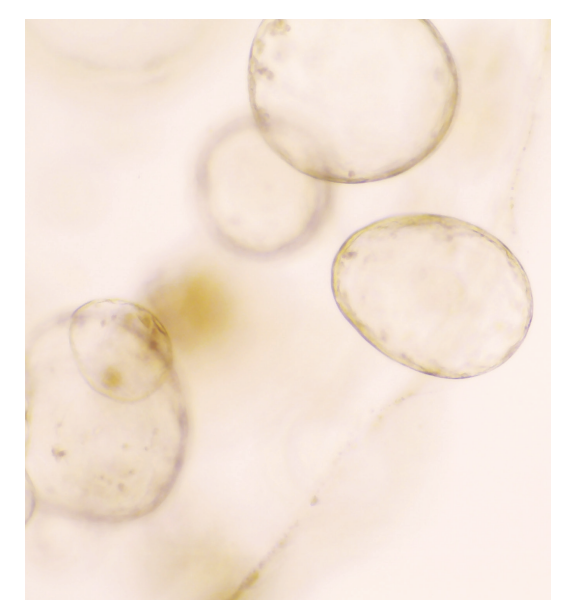Article highlights & insights
There is growing interest in asking how we can repurpose drugs that are currently used to treat other conditions in the fight against cancer. The collaboration between the Cell Division group and Prof Janni Petersen’s group in Flinders University, Adelaide, Australia saw a strong inhibitory impact of the diabetes drug, metformin upon the growth of colorectal cancer models.
In their study, the impact emerged when a key metabolic signalling network had been perturbed in ways that naturally occur in a subset of patients with colorectal cancer. Metformin blocked cancer cell proliferation when the signalling molecule, AMPKa, was mutated to render it insensitive to repression by a second key growth control network, TOR signalling. They complemented their genetic approach with pharmacological stimulation of AMPKa signalling in two different cancer lines. In each case, they found that stimulating AMPKa signalling enabled them to use metformin to block cancer cell proliferation.
Although the molecular basis for this phenomenon awaits characterisation, these are important findings because metformin is the most common oral medication used to treat type 2 diabetes. Because it is so well tolerated and widely used, it has become apparent that metformin use reduces the incidence of colorectal cancer and increases survival rates for pancreatic and endometrial cancer patients.
One key appeal for the use of metformin in the context of colorectal cancers identified here is that the drug accumulates up to 300 times normal blood levels in the target cells that line the colon. Having established the principle that altered AMPKa signalling generates a vulnerability to metformin in this cancer, future work will focus on identifying patients in which to assess the predictions of this exciting basic science in clinical trials.
There is growing interest in asking how we can repurpose drugs that are currently used to treat other conditions in the fight against cancer. The collaboration between the Cell Division group and Prof Janni Petersen’s group in Flinders University, Adelaide, Australia saw a strong inhibitory impact of the diabetes drug, metformin upon the growth of colorectal cancer models.
In their study, the impact emerged when a key metabolic signalling network had been perturbed in ways that naturally occur in a subset of patients with colorectal cancer. Metformin blocked cancer cell proliferation when the signalling molecule, AMPKa, was mutated to render it insensitive to repression by a second key growth control network, TOR signalling. They complemented their genetic approach with pharmacological stimulation of AMPKa signalling in two different cancer lines. In each case, they found that stimulating AMPKa signalling enabled them to use metformin to block cancer cell proliferation.
Although the molecular basis for this phenomenon awaits characterisation, these are important findings because metformin is the most common oral medication used to treat type 2 diabetes. Because it is so well tolerated and widely used, it has become apparent that metformin use reduces the incidence of colorectal cancer and increases survival rates for pancreatic and endometrial cancer patients.
One key appeal for the use of metformin in the context of colorectal cancers identified here is that the drug accumulates up to 300 times normal blood levels in the target cells that line the colon. Having established the principle that altered AMPKa signalling generates a vulnerability to metformin in this cancer, future work will focus on identifying patients in which to assess the predictions of this exciting basic science in clinical trials.




